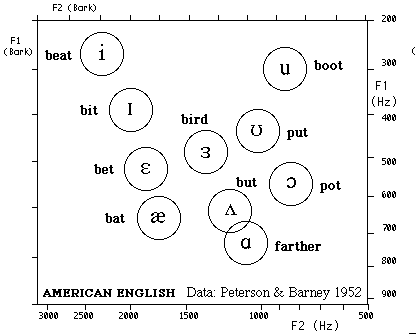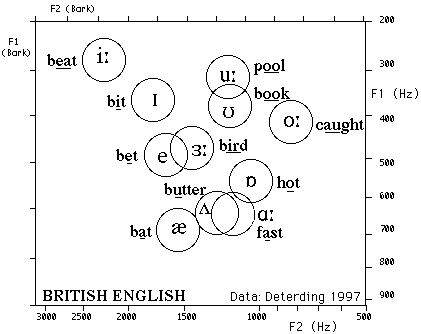I am looking for a minimal triple for a particular set of phonemes. By minimal triple, I mean three actual English words that differ in one and only one phoneme between them. Examples therefore include:
- phony, tony, pony
- swim, swam, swum
- bad, bat, bath
The three phonemes that must appear one apiece in each of the three words are: /ɑ, ɒ, ɔ/. I can get pairs, but no triples, and I wonder why.
Length doesn’t count, so for example /aː/ counts as /a/ and /ɔː/ counts as /ɔ/.
If such a triple exists, what is it?
If no such triple exists, could it? Or do the various mergers preclude a threefold phonemic distinction here?
These have all to be in the same accent, of course. And preferably a rhotic one, too, because I’m trying to figure out something in particular about phonemic perception in rhotic speakers of North America, and non-rhotic accents will not further that goal.
As a last resort, if the only such triple you can find is a non-rhotic one, then go ahead and offer that one, perhaps along with some suggested explanation why there “can’t” be an equivalent rhotic triple.


